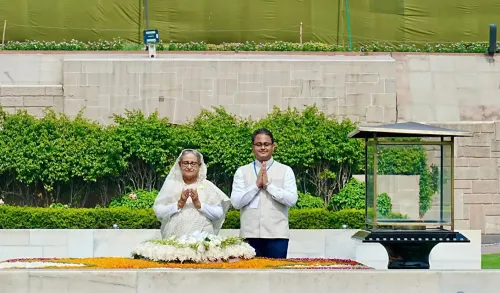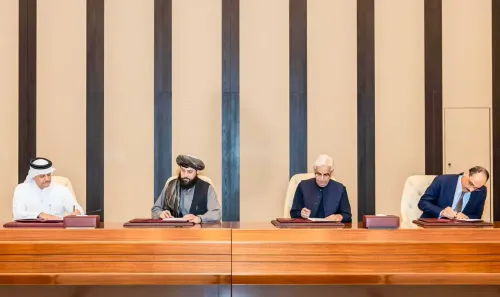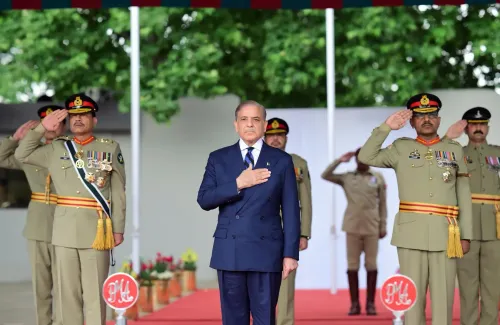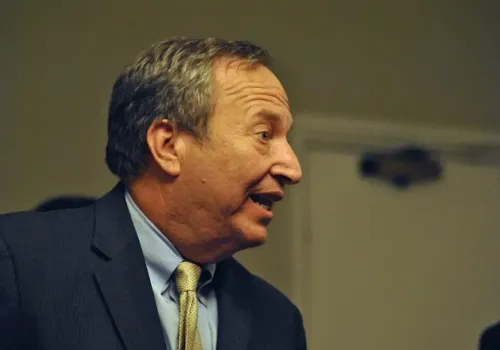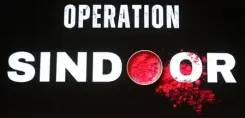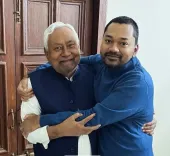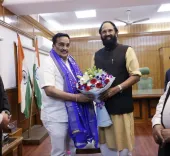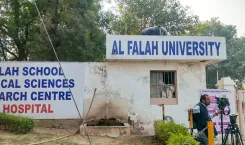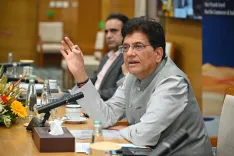Does India Have the Right to Defend Its People Against Terrorism? EAM Jaishankar Speaks in Moscow
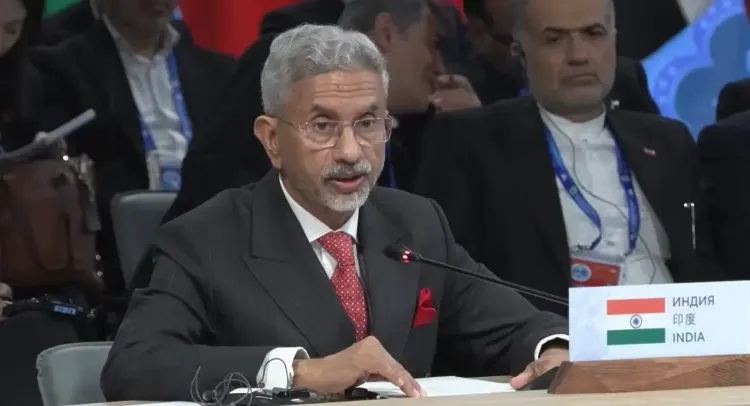
Synopsis
Key Takeaways
- India's right to defend against terrorism is firmly articulated.
- A call for zero tolerance towards terrorism is essential.
- Cultural exchanges are vital for deeper understanding.
- Reforms in the SCO are necessary for better adaptability.
- India is focused on diversifying and derisking its economy.
Moscow, Nov 18 (NationPress) During his address at the Shanghai Cooperation Organisation (SCO) Council of Heads of Government meeting in Moscow on Tuesday, External Affairs Minister (EAM) S. Jaishankar reiterated the need for zero tolerance towards terrorism, emphasizing that there should be no justification or whitewashing of terrorist acts.
"It is crucial to remember that the SCO was established to combat the three menaces of terrorism, separatism, and extremism. Over the years, these threats have grown more severe. The global community must exhibit zero tolerance towards terrorism in all its forms. As demonstrated by India, we possess the right to protect our citizens from terrorism and we will exercise it," stated EAM Jaishankar.
The Council of Heads of Government (CHG) is the second most critical SCO mechanism, convening annually to deliberate on significant trade and economic cooperation matters as well as the annual budget of the SCO. The previous CHG meeting took place in Pakistan in October 2024.
Furthermore, EAM Jaishankar asserted that India firmly believes that people-to-people exchanges are fundamental to any authentic relationship. He remarked, "As a civilizational state, India values these exchanges deeply. Encouraging greater interaction among our intellectuals, artists, sports figures, and cultural icons will lead to a richer understanding within the SCO. We have a history of collaborative cultural exchanges, exemplified by the exhibition of sacred Buddhist relics in many of your nations. India is also eager to share its extensive heritage conservation experience from Southeast Asia to Central Asia in terms of humanitarian cooperation," he added.
EAM Jaishankar expressed India’s unwavering support for a reform-oriented agenda, welcoming initiatives that address issues such as organized crime, drug trafficking, and cybersecurity. He noted that as the SCO diversifies, it must become increasingly flexible and adaptable. To facilitate this, the long-awaited decision to make English an official language of the SCO should be prioritized.
Discussing India's stance on trade and economic challenges, he stated, "The current global economic landscape is particularly uncertain and volatile. Supply-side risks are compounded by demand-side complexities. Therefore, it is essential to diversify and derisk. This is best achieved through broad economic links among us. For this process to be effective, it must be fair, transparent, and equitable. India’s efforts to finalize free trade agreements with many of you are pertinent to this discussion."

